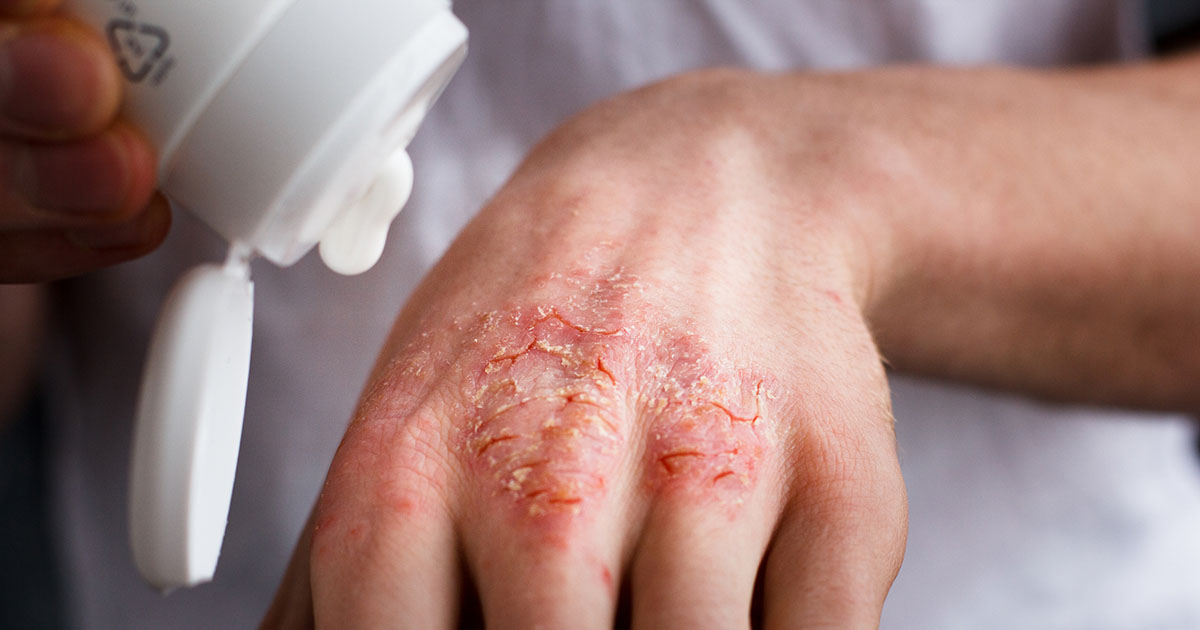Top Eczema Triggers To Avoid
Infection

Skin infections can cause a vicious cycle of worsening symptoms. Irritated skin can become infected, which in turn can worsen eczema symptoms. It is vitally important to minimize scratching of eczema plaques as scratching increases the likelihood of these patches becoming infected. Parents should consider putting gloves on eczema-affected children at night to reduce scratching. Signs of infected eczema include worsened itching or burning sensations, blisters, drainage, and the presence of white or yellow pus. The most common types of infections that can trigger an eczema flare-up include Staphylococcus aureus, or a staph infection, the molluscum virus, the herpes virus, and certain types of fungus, such as ringworm or athlete's foot. When skin becomes infected, see a doctor to determine the best course of treatment.
Stress

Stress and anxiety affect immune response and are a proven association with an increase in eczema symptoms. Try to reduce stress whenever possible by using meditation, yoga, or mindfulness techniques. Try to simplify daily routines and schedules as eczema itself can be a cause of stress because it interferes with sleep and causes daily frustration and embarrassment for patients. Patients who work with their doctor to pinpoint the factors which trigger their eczema feel like they have more control over their condition and can find relief from stress.
